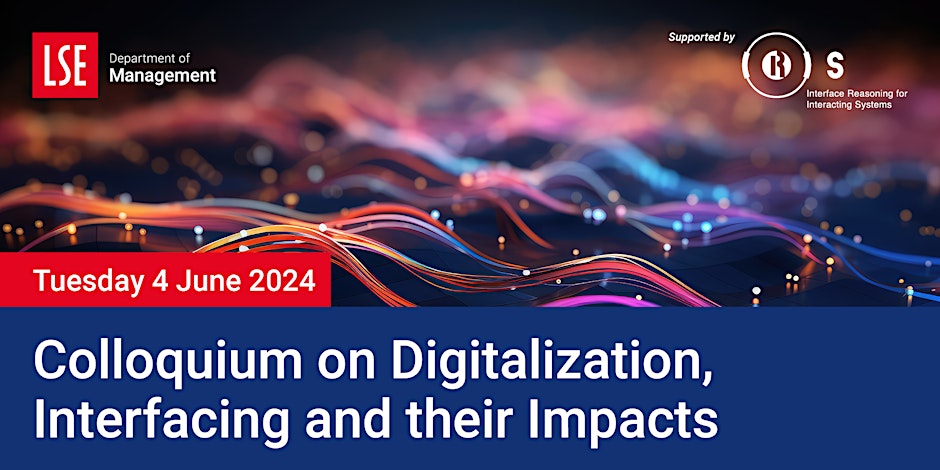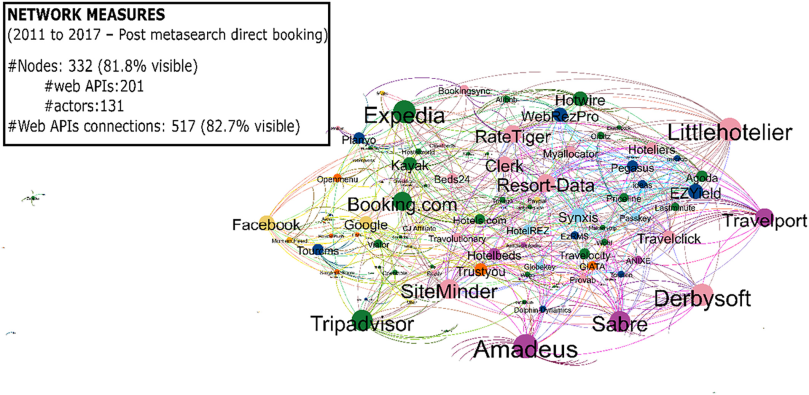https://ischannel.lse.ac.uk/23/volume/19/issue/1
This editions’ editorial (By Gonzalo San Roman)
For the 19th edition of the iSCHANNEL the journal explores the dynamic intersection between emerging digital technologies and human behaviour, through rigorous and critical examination of how these reshape ethics, governance, and human agency. Reflecting the journal’s longstanding commitment to critical inquiry and contemporary research, this year the journal brings forth insightful articles that challenge the readers to continue questioning the assumptions embedded in digital infrastructures. Emphasizing the socio-technical nature of Information Systems (IS), this edition opens new areas of research in the field and bridges key knowledge gaps by developing theoretical and practical understandings based on the findings.
Embodying this year’s mission, Louis Bardet critically explores encrypted communication technologies and addresses the paradox of encryption, illicit actors, and legal frameworks. Positioned at the intersection between cybersecurity and governance, the article offers unique insights to privacy safeguards in encrypted communication and the need for regulatory approaches to ensure fundamental protections. Anna Hrytseniuk critically evaluates the role of Big Data Analytics on Supply Chain Agility and identifies how its efficiency and success comes from a balance of technological adoption and organisational adaptability. Linking Big Data and Learning Analytics within a higher education context, Florian Lüttgenau discusses through the micro-level, meso-level, and macro-level of audiences the need for integrated socio-technical approaches. Exploring the evolving ethics and responsibilities of AI-enabled lethal weapons, Nour Louhichi questions the accountability, responsibility, ethical dilemmas, and legislative role of governments in regulating such technology. Shifting the focus from warfare to misinformation, Yutong Shi highlights the threat posed by deep fake technology and its consequences in eroding public trust. To address this, the paper proposes practical governance frameworks and the need for improvement in current detection technologies. Integrating algorithmic bias and misinformation, Rosa Sooth proposes a critical literature review in the domains of economics, democracy, and public health. Notably, in the second contribution they analyse the role of transparency in such high-stake domains and the managerial trade-off that takes place. Emphasizing human-intelligent system collaboration, Amir Dotan critically explores how AI can be holistically embedded and proposes a socio-technical, macro-level perspective through Organisational Augmentation. Dahye Jung investigates the role of actors and power dynamics in digital platforms to critically evaluate existing literature on strategic partnerships between actors. Through a participatory design, Falka von-Niessen evaluates empirical evidence on the fairness of Online Labour Platforms in the gig work industry, highlighting the impact of AI interaction on labour fairness.
Finally, as the editorial team, we extend our gratitude to all writers, reviewers, and editors for this year’s iSCHANNEL. We also thank Dr. Will Venters, Lucy Lambe, and Yao Ma for their support and guidance in creating this issue.
About this journal
iSChannel is an annual journal on the social study of information systems which is produced, edited and double-blind reviewed by the students of the LSE Information Systems and Innovation programmes, with advice from faculty. As a core subject, our journal focuses on the study of ICTs, and the social implications of technological innovation. Still, research works from other perspectives are considered for publication, provided that they place the discussion on ICTs at the core of analysis and problematisation.













